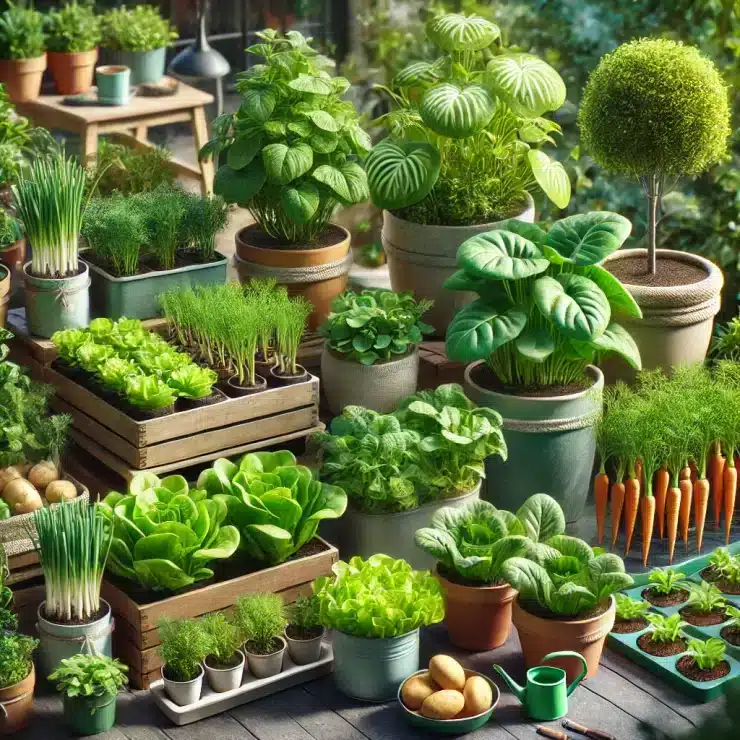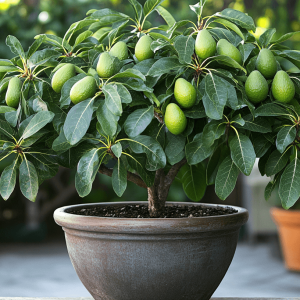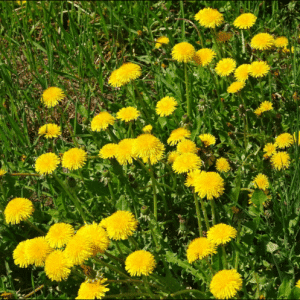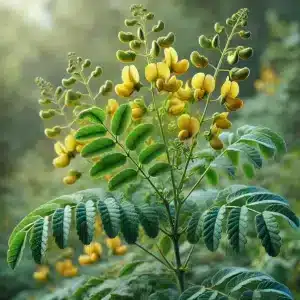
Container gardening has become increasingly popular, especially for those with limited space, like apartment dwellers or people with small yards. The good news is that many green vegetables can thrive in containers, allowing you to enjoy fresh, homegrown produce even in confined spaces. Here are 12 green vegetables, including a few unexpected choices like potatoes, carrots, and green beans, that grow well in containers.
1. Spinach
- Spinach is a nutrient-dense leafy green that grows quickly, making it perfect for container gardening. It does best in cool temperatures and partial shade, which helps to prevent bolting (going to seed too soon). Use a pot that’s at least 6 inches deep and keep the soil consistently moist.
2. Lettuce
- Lettuce varieties such as romaine, butterhead, and loose-leaf are excellent for container gardens. They don’t require much depth (about 6–8 inches) and can be harvested as baby greens or allowed to grow to full size. Lettuce grows best in cool weather, so it’s ideal for spring and fall.
3. Kale
- Hardy and resilient, kale is a powerhouse vegetable that grows well in containers with at least 12 inches of depth. This superfood can handle frost and grows year-round in milder climates. You can harvest kale leaves as they mature, which encourages new growth.
4. Swiss Chard
- Swiss chard, with its colorful stalks, is as beautiful as it is nutritious. It’s heat tolerant, grows well in containers, and provides a continuous harvest of greens if you trim the outer leaves. A container depth of 10–12 inches is recommended for this plant.
5. Carrots
- Though not a leafy green, carrots grow well in containers, and their green tops are edible and nutritious. Opt for short or round carrot varieties for containers, as they do well in smaller spaces. Use a container that’s at least 12 inches deep, and keep the soil loose to allow the roots to grow.
6. Green Beans
- Green beans are perfect for container gardening, especially bush varieties that don’t need trellising. They require a pot at least 12 inches deep. Green beans grow quickly and are a reliable producer. Harvesting them regularly encourages the plant to produce more beans throughout the season.
7. Potatoes
- Potatoes might seem like an unlikely container plant, but they actually grow quite well in deep pots or containers. Use a container that’s at least 15 inches deep. As the plant grows, cover the base stems with more soil or compost to encourage additional tuber growth. This method, known as “hilling,” helps maximize yield.
8. Arugula
- Arugula, known for its peppery flavor, grows well in shallow containers and is quick to mature. It can be harvested as a baby green or left to grow to full size. Arugula prefers cool weather, making it ideal for spring and fall. A 6-inch-deep container works well for this leafy green.
9. Bok Choy
- Bok choy, or Chinese cabbage, is another great choice for container gardening. It prefers cooler temperatures and can be harvested young as “baby bok choy” or left to mature. Use a pot at least 8–10 inches deep, and keep the soil consistently moist for the best results.
10. Mustard Greens
- Mustard greens are flavorful, fast-growing greens that thrive in containers. They require minimal space and tolerate partial shade. Harvest them young for a milder flavor, or let them mature for a spicier taste. A pot with a depth of 8 inches is sufficient for growing mustard greens.
11. Green Onions (Scallions)
- Although technically not a leafy green, green onions (or scallions) are easy to grow in containers and add a fresh, mild onion flavor to dishes. They only need a shallow container, about 6 inches deep, and can be harvested by trimming the tops, which will regrow for multiple cuttings.
12. Parsley
- Parsley, while often considered an herb, also serves as a leafy green that grows well in containers. It’s packed with vitamins and minerals and grows well in a pot at least 8 inches deep. Parsley can be harvested continuously, as cutting it encourages more growth.
Tips for Growing Green Vegetables in Containers
- Choose the Right Container: Make sure your container has drainage holes to prevent waterlogging, which can lead to root rot. The size of the container should be appropriate for the plant’s root depth requirements.
- Use Quality Potting Mix: Use a high-quality potting mix designed for containers, as it provides better aeration and drainage than garden soil. You can also mix in compost or organic fertilizer for added nutrients.
- Water Consistently: Container plants dry out faster than those in the ground, so consistent watering is essential. In hot weather, you may need to water daily, while cooler temperatures may only require watering every few days.
- Sunlight Requirements: Most green vegetables need at least 4-6 hours of sunlight per day. However, leafy greens like spinach, lettuce, and Swiss chard can tolerate partial shade, making them suitable for balconies or shaded patios.
- Fertilize Regularly: Container-grown plants have limited access to nutrients, so they benefit from regular fertilizing. A balanced liquid fertilizer every few weeks will help keep your plants healthy and productive.
Growing green vegetables in containers is a rewarding and efficient way to enjoy fresh, homegrown produce, especially if you’re limited on space. With the right containers, soil, and care, you can cultivate a variety of nutritious greens like spinach, lettuce, and kale, as well as more unexpected choices like carrots, potatoes, and green beans. Container gardening offers flexibility and ease, making it a great option for beginner and seasoned gardeners alike. So go ahead, start your container garden, and enjoy the satisfaction of harvesting your own greens!
Combining lemon and cloves offers a variety of potential health benefits, as both ingredients are rich in antioxidants, vitamins, and antimicrobial properties. Here are some of the key benefits of mixing lemon and…
Avocado leaves, often overlooked, offer numerous health benefits and practical uses due to their rich content of antioxidants, vitamins, minerals, and medicinal properties. Here are some of the key benefits and uses of…
Pigweed, also known as amaranth, is a nutrient-dense plant that offers various health and agricultural benefits. Here are 10 benefits of pigweed: Rich in Nutrients: Pigweed leaves are packed with vitamins (like vitamins…






